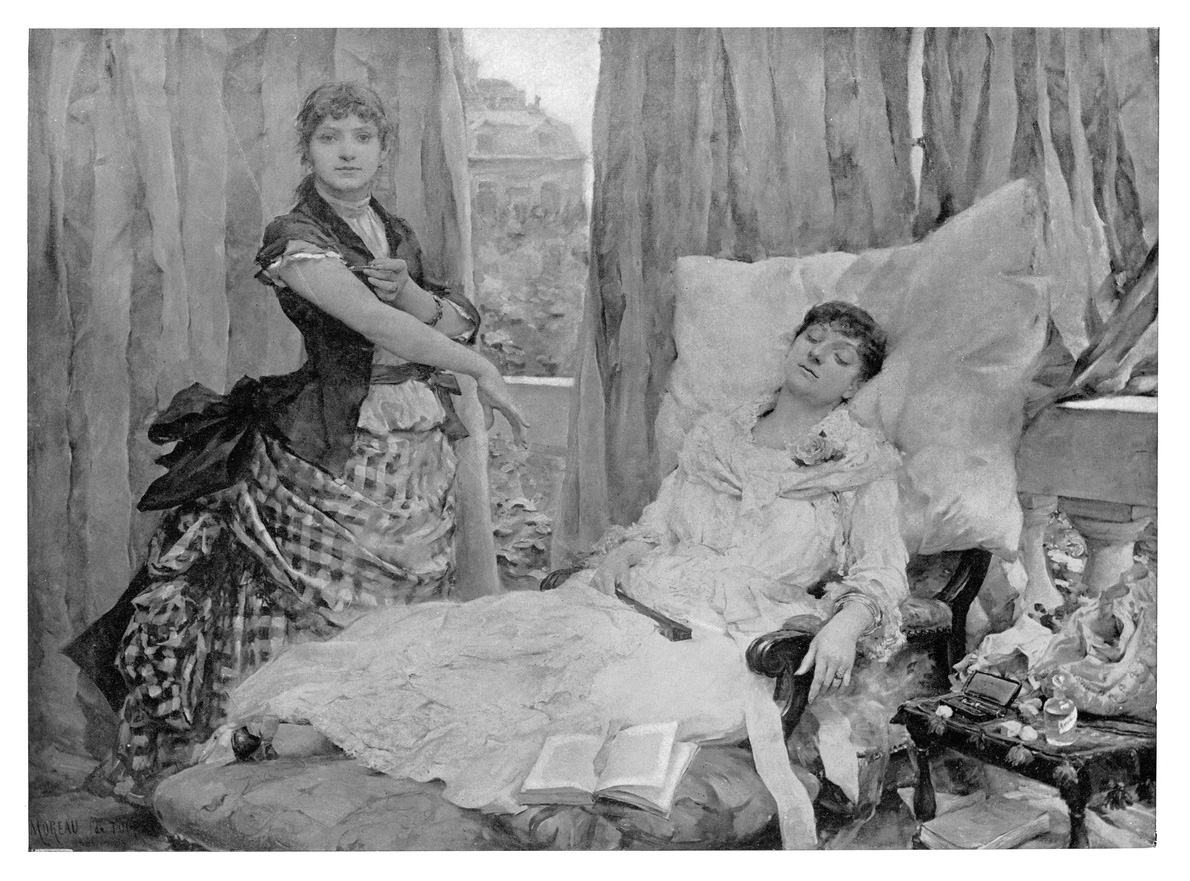News
Marketer Magazine: On The Record: Conducting Strong Interviews with the Media
Euphoria Extracts
Before the beginning of Herman Melville’s epic novel, Moby-Dick, he includes what he calls “Extracts” as quotes from other sources about the “Whale” supplied by a “sub-sub-librarian.” The “Sub-Sub appears to have gone through the long Vaticans and street stalls of the earth, picking up whatever random allusions to whales he could anyways find in any book whatsoever, sacred or profane.” And so, we attempt to extract from history the word of the month.
EUPHORIA
In BIOLOGY:
Euphoria inda (left):
This beetle resembles a bumblebee and buzzes while flying.
Euphoria sepulcralis (right):
A common flower beetle, especially in the eastern United States.

In MEDICINE:
“The habitual takers of narcotics may be divided into several classes. Regnier classifies them as justifiable consumers and morphinomaniacs. The first group comprises those who are subject to incurable diseases, cancer, tuberculosis, etc., who employ morphine solely to render conscious existence endurable. Morphinomaniacs are they who take the drug to secure the pleasurable sensation denominated euphoria. A large number in this class claim to be in the former, as they first took the drug to relieve the pangs of disease that has since passed as rheumatism, or that is not, as they claim, incurable. Sometimes narcotics are taken to ward off attacks of periodic dipsomania, or to replace the habitual use of alcohol. All these are to be distinguished from those whose feebleness impels them to seek in morphine a shelter from all unpleasant sensations, and from the rude jars of a hurrying, struggling world; still more from those in whom morphinism is but one expression of a defective organization, inherited from a neurotic ancestry.”
From: The Medical World, 1894

In NEUROSCIENCE:
Euphoria describes the positive spectrum of feelings.
"Many words point to different degrees of euphoria and different cognitive-emotional complexes are built around euphoria. Ecstasy, for example, is a word that describes the feeling of intense euphoria. Joy is a word that describes the emotional expression of euphoria. Tenderness is a description of the euphoria experienced during intimate contact with a close person. Euphoric feelings soften behavior. … Pleasure describes milder forms of euphoria, usually experienced when drives are gratified."
From: Emotions and Feelings, by Stephen Gislason, 2016
In RELIGION:
"Pleasure from the senses seems like nectar at first, but it is bitter as poison in the end."
From: Vyasa, Mahabharata, 8th Century BCE
"O Lord of Heaven’s Armies, what euphoria fills those who forever trust in you!"
From: Psalms 84:12: The Passion Translation
In ECONOMICS:
"Fear is a far more dominant force in human behavior than euphoria - I would never have expected that or given it a moment's thought before, but it shows up in the data in so many ways."
From: Alan Greenspan
The euphoria around economic booms often obscures the possibility for a bust, which explains why leaders typically miss the warning signs.
In MUSIC:
"Being in your forties - any woman who isn't there yet, I just have to say to you: Euphoria is coming to you."
From: Tori Amos
"That Beatle euphoria has always been there, and it's hard to be in a room with a Beatle and try to be totally natural. You never shake that off."
From: Alan Parsons
It's not possible to experience constant euphoria, but if you're grateful, you can find happiness in everything.
